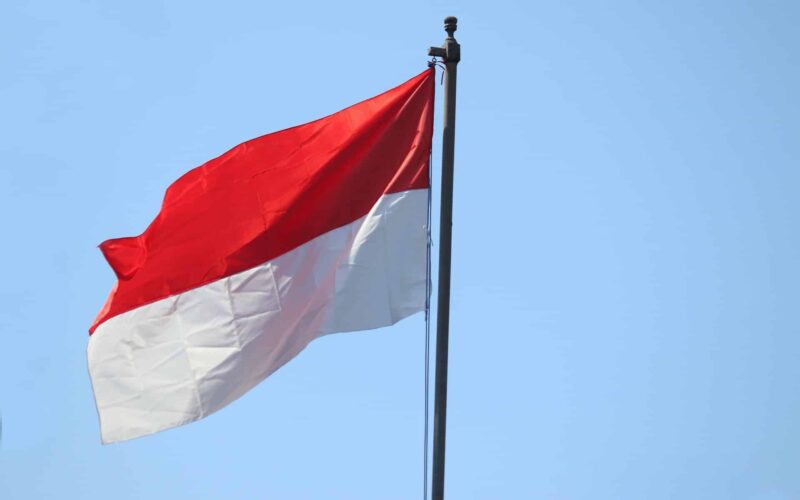Gibran Rakabuming Raka, a vice presidential candidate in the upcoming Indonesian election, has set his sights on advancing Indonesia’s role in the digital revolution. He plans to do so by fostering expertise in blockchain technology and cryptocurrencies. As the eldest son of President Joko Widodo, Gibran announced his vision during a political gathering, where he emphasized the importance of enhancing tech education and creating more opportunities for the youth.
Partnered with presidential candidate Prabowo Subianto, the 36-year-old politician aims to tap into Indonesia’s growing interest in digital assets. During the event on December 10, Gibran stated, “We are preparing blockchain experts, we are preparing cybersecurity experts, we are preparing crypto experts.” This commitment aligns with Indonesia’s position as the seventh-ranking country in global crypto adoption, according to Chainalysis’ 2023 index.
Indonesia boasts an estimated 18 million crypto investors, indicating a strong interest in this technology. The government, under the leadership of President Joko Widodo, recognizes the potential impact of cryptocurrencies and strives to leverage this interest for economic growth. In fact, the country has even established a local “stock market” for crypto assets, solidifying its dedication to the digital sphere.
Impact on Political Landscape
Gibran’s explicit focus on cryptocurrencies makes him the first candidate to address this topic. However, it is expected that other contenders will also touch upon it during the upcoming political debates scheduled for February 4. With Gibran and Prabowo currently leading the polls, their interest in the blockchain and crypto sector could shape the discourse and priorities of other candidates.
Indonesia has made efforts to support the use of cryptocurrencies, although there have been challenges. In late February, the head of the country’s Commodity Futures Trading Regulatory Agency (Bappebti) revealed plans to launch a state-backed crypto exchange by mid-2023. However, it will be operated by a private-sector company, rather than the government, and private-sector platforms will execute trades on the exchange.
Despite these initiatives, there have been some restrictions. Bali Governor Wayan Koster expressed intentions to tighten rules around crypto payments, making it more difficult for foreign tourists to use cryptocurrencies as a form of payment on the popular Indonesian tourist island. Bank Indonesia’s Bali Representative Office reiterated that while cryptocurrencies are legal in the country, their use as a payment instrument is not. Violators may face imprisonment and fines under Indonesian law.
Recently, the Indonesian financial services watchdog appointed Hasan Fawzi, a former executive at Indonesia Stock Exchange (IDX), as the head of fintech and digital assets oversight and innovation. Fawzi’s extensive experience in the financial sector positions him well to lead this effort and ensure proper regulation and innovation in Indonesia’s digital assets landscape.
















